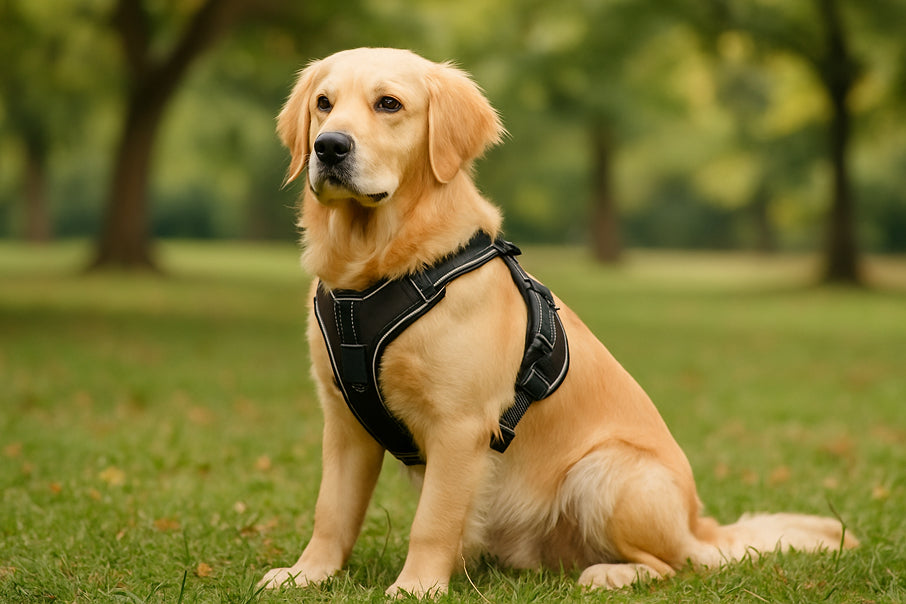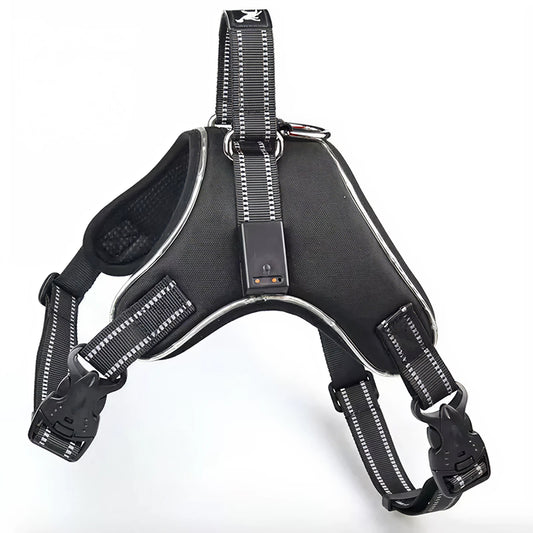Why Is My Dog Acting Weird? 4 Surprising Causes to Know
Introduction
If you’ve found yourself asking, “why is my dog acting weird?”, you’re not alone. Dogs sometimes display unusual habits — from hiding in quiet corners to running laps around the living room at midnight. While some quirks are harmless, others may signal physical discomfort or emotional distress.
At PetToyBarn.com, we’ve seen that understanding strange dog behavior can help owners take action quickly, avoiding bigger health or behavior problems. Let’s look at 4 surprising causes behind sudden behavior changes and what you can do.

Hidden Pain or Discomfort
One of the most common but overlooked reasons for sudden behavior change in dogs is pain. Dogs can’t tell you what hurts, so they communicate through changes in behavior.
Signs to Watch For:
-
Avoiding stairs or jumping onto furniture
-
Growling or snapping when touched
-
Limping or changes in movement
-
Sleeping more than usual
Pain can come from injuries, arthritis, dental problems, or internal issues. If you suspect discomfort, a vet checkup is essential. Early treatment can prevent worsening symptoms.
Anxiety and Stress
Dog anxiety symptoms can appear out of nowhere, often triggered by environmental or routine changes.
Possible Triggers:
-
Fireworks or thunderstorms
-
Moving to a new home
-
Being left alone for long periods
-
New pets or people in the house
Behavioral Signs:
-
Restlessness, pacing, or trembling
-
Excessive barking or whining
-
Destructive chewing
-
Hiding or following you everywhere
How to Help:
Create a safe space with a comfortable bed and familiar toys. Interactive toys from PetToyBarn.com can keep your dog engaged and reduce stress. Consistent routines and gentle reassurance help anxious dogs feel more secure

Changes in Environment or Routine
Dogs thrive on familiarity. Even small changes can cause temporary unusual dog habits.
Examples:
-
Altered walking times
-
Rearranged furniture
-
New sounds or smells in the home
If your dog seems unsettled, try to keep feeding, exercise, and play schedules consistent. When change is unavoidable, introduce it gradually. Most dogs adapt within a week or two, but prolonged unusual behavior warrants further investigation.
Cognitive or Age-Related Changes
Older dogs sometimes experience canine cognitive dysfunction — similar to dementia in humans.
Signs in Senior Dogs:
-
Disorientation or confusion
-
Changes in sleep cycles
-
Forgetting commands
-
Restlessness at night
Mental stimulation can slow cognitive decline. Puzzle feeders and scent-based games from PetToyBarn.com keep older dogs’ minds active and engaged.
When to See a Vet
Seek veterinary care immediately if your dog shows:
-
Sudden, severe changes in behavior
-
Loss of appetite for over 24 hours
-
Lethargy, collapse, or aggression
-
Persistent vomiting or diarrhea
Quick action can mean faster recovery and less stress for your dog.
How PetToyBarn.com Supports Your Dog’s Well-Being
From anxiety-reducing chew toys to enrichment puzzles, PetToyBarn.com offers products that improve both mental and physical health. We believe the right tools help dogs feel happier, calmer, and more confident.


Rechargeable LED Dog Harness – Nylon Flashing Light Safety Harness for Pets with Leash Belt
Select Your Option
Conclusion
If you’re wondering, why is my dog acting weird, remember — changes in behavior are your dog’s way of telling you something. By spotting the signs early, seeking vet advice, and offering mental and emotional support, you can restore their comfort and joy.
Explore PetToyBarn.com for products designed to keep your dog healthy, happy, and full of tail wags.


